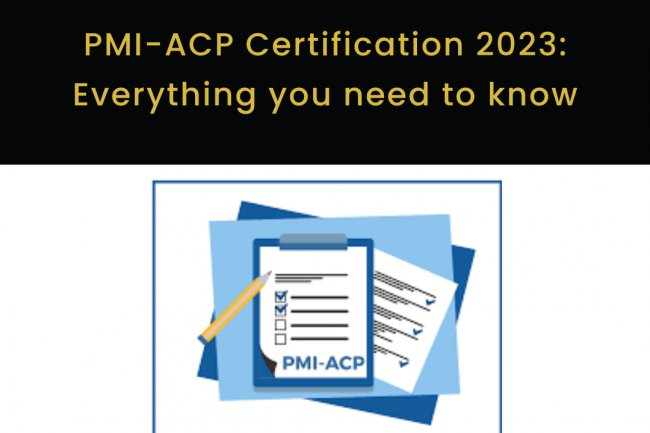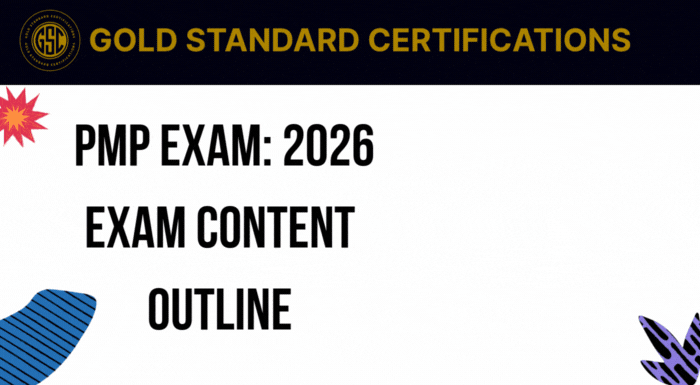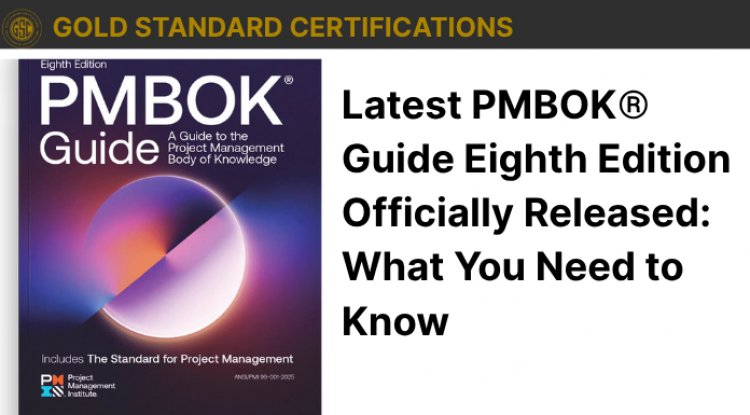Agile Project Manager: Job Description, Responsibilities, and Skills
Explore the role and responsibility of an agile project manager. An agile project manager is responsible for the project from planning to execution. Learn more about the skills and responsibilities of an agile project manager.

Agile Software was introduced in the 1990s, back then it was a rigid approach. As the framework was done using traditional methods, it was codified in 2001, and from then it has gained popularity. The methodology became flexible and kept the team collaborative with the customers. As the agile approach is getting popular and has a wider audience and users, there comes the importance of the role of the Agile Project Manager. Let us learn about the role and responsibility of an agile project manager.
What is an Agile Project Manager?
The Agile Project Manager is an important role in managing the agile team. Agile Project Manager has an abundance of knowledge about Agile practices and values. They guide the team to manage the project through Agile. Their primary duty includes overseeing the project lifecycle, defining the scope of the project, looking for potential risks, identifying the risks, and tracking the project's progress. He is responsible for ensuring the project meets the client's requirements.
Agile Project Managers must engage in regular discussions, and get feedback internally and externally. With the changing business and client needs, an agile project manager adapts quickly and guides the team accordingly. An Agile Project Manager identifies the area of improvement and guides to solve the problem.
What does an Agile Project Manager do?
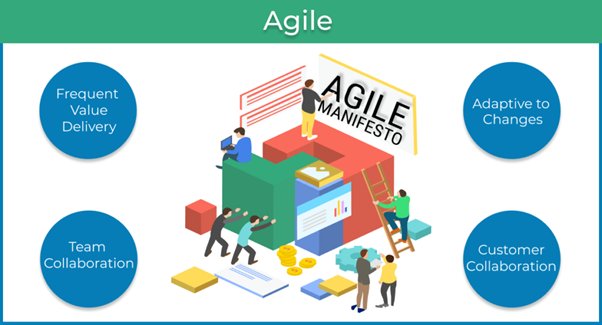
It is the role of agile project manager for the successful completion of the project, from planning to execution he is involved with the progress of the project in every stage. The job includes motivating the team, keeping the objectives clear and transparent, and making it achievable for the team.
The job also includes planning for the project resources, tracking the progress, and reporting it to stakeholders. They should also create strategies and must be effective communicators. Apart from the above-mentioned role, here is the list of the overall role of an agile project manager in a project:
- Set the project timeline
- Look for resources and plan the budget
- Creating a plan
- Executing the plan
- Monitoring the progress of the project
- Communicating with the stakeholders
- Managing the stakeholders
- Ensure the team meets the deadlines
- Delivering quality results
- Managing and Communicating with vendors
- Facilitating errors and change in management
- Forming reports on the progress of the project
Job Description of Agile Project Manager
There are different categories of project managers, and they are divided into team-level roles, enterprise roles, and hybrid agile roles.
- Team-level roles
- Facilitating daily scrums
- Initiating sprints
- Communicating with the team to plan the requirements
- Managing administrative tasks
- Team collaboration
- Eliminating the potential risk
- Enterprise role
- Developing leaders
- Building team culture
- Creating adaptive system
- Developing technical practice
- Managing the change in management
- Leadership Agility
- Hybrid Agile roles
- In here, they combine agile and non-agile techniques
- Planning and Managing work
- Meeting project goal
- Focus on building the team
- Building communication with the team
What is the responsibility of an agile project manager?
A project manager has a wide range of responsibilities as it is his role to supervise the project from beginning to end, let us look at the major responsibilities of an agile project manager:
- Agile Project Manager helps the team to perform well and not compromise on the quality of work. He is responsible for holding the team together and ensuring they work without disturbance, he becomes a mentor and removes obstacles in the progress of the project.
- There must be a defined project schedule and timely delivery. There needs to be a balance in time with regular value deliverables. Leading the team, organizing and managing the status meeting of the team.
- Ensuring that the deliveries from agile projects match the needs of the users.
- To keep the communication clear and effective between the product owner and the stakeholders, managing the needs of the customer.
- Team empowerment through building new techniques ensures that the team members are giving maximum contribution, making it engaging for the team.
What is the difference between a Project Manager and an Agile Project Manager?
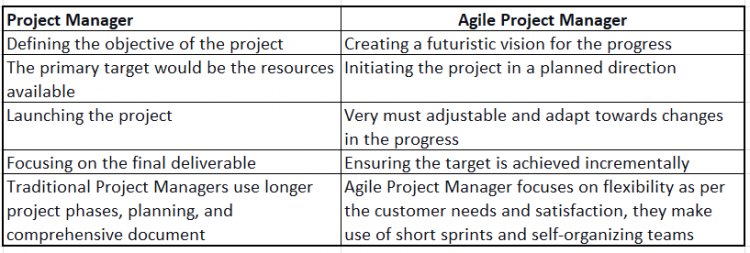
What are the skills required for an Agile Project Manager?
It is the skill that acts as a deciding factor in a project's success. An agile project manager must possess the skills to lead the team in the right direction.
- Leadership Skills: An agile project manager should possess the quality of a leader and direct them in the right direction, removing obstacles and leading the team towards success.
- Efficiently communicating: He must have good communication skills as he is one to balance the team members, customers, stakeholders, and product owner. There must be regular updates to all the members involved in the project.
- Ability to solve problems: There are a lot of obstacles and hurdles in the progress path of the project. An agile project manager must identify the risk factor in the earlier stage for a smoother sail.
- Controlling the budget: The budget planning must be done initially, he must ensure that the project is delivered within the planned budget. There must be control over the budget and cost.
- Knowledge: There must be clear knowledge of agile project management and all the knowledge associated with it to take the progress of the project towards success.
- Attention to detail: This is one of the important skills, as it helps to identify the risk involved ahead. It is crucial to pay attention to minor details.
- Adaptable: Possessing the ability to adapt to all the fluctuating changes within the project. Must be open to making necessary changes for the growth of the project.
Required soft skills
- Communication and interpersonal skills
- Lead the team and keep them motivated
- Problem-solving ability
- Critical thinking
- Using strategic and creative methods
Required hard skills
- Knowledge of Agile methodologies such as Waterfall and Scrum.
- Proficient use of project management tools such as JIRA, MS Project
- Managing budgeting and finance
- Risk Management Practice
- Ability to achieve the target within time
- Prioritize timely delivery
- Managing the project plan and milestone
Conclusion
According to the State of Agile report, nearly 70% of organizations use agile methodologies. With the increase of agile methodologies usage, there is more demand for agile project managers. The role of a project manager is crucial for the project's success. It is the combination of skills with the knowledge of agile methodology, that helps the agile project manager to achieve the desired results. It is the willingness of the agile project manager to complete the product delivery on time with a given budget and timeline, the agile project manager is ultimately responsible for the project growth.


